Breaking
- MENU
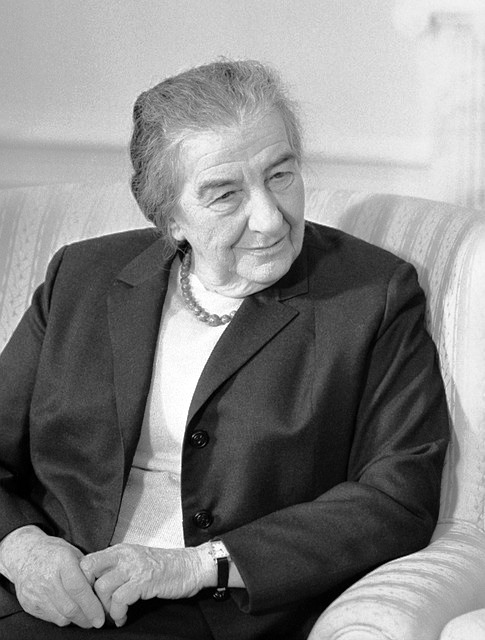
The eighth MEI Speaks held on 19 August 2020 was a book discussion by Professor Meron Medzini on his Golda Meir: A Reference Guide to Her Life and Works. The author, who is an Emeritus Professor at the Hebrew University of Jerusalem, talked about his experiences of working with Prime Minister Golda Meir and underlined that the book is based on his personal experiences. The discussion was moderated by Dr. Muddassir Quamar, Associate Fellow, Manohar Parrikar Institute for Defence Studies and Analysis, New Delhi.
Professor Medzini began with a short anecdote about his mother’s friendship with Golda Meir (then Golda Mabovitch) since their families immigrated to the US from Eastern Europe. Over the years, he has written two biographies on Golda Meir. The first book was written in Hebrew with an intent to enlighten the young Israelis about her life and contributions. He said that in the course of his research, he realized that she was more popular outside Israel. In Israel, there had been seething criticism about her role during the Yom Kippur War in 1973.
During the Q&A session, Medzini cautioned to refrain from any superimposition of her failure during the Yom Kippur War over her entire career, as she was credited with some noteworthy social security policies and labour laws. Israel’s friendly relations with African countries are attributed to her, and so is the US decision under President John Kennedy to supply Israel with strategic weapons. On the question of Arab’s perception of Golda Meir, he briefly mentioned a few anecdotes of her meeting with King Abdullah of Jordan. The first meeting took place a few days before the UNGA adopted resolution 181 to divide Mandate Palestine into Jewish and Arab states. The next meeting took place days before the Israeli declaration of independence to ascertain the Jordanian response to the possibility of a new Jewish state.
Later, when Yasser Arafat emerged as a common threat to both Israel and Jordan, Golda Meir committed Israel to protect King Hussain from both Palestinians and Syrians. On the issue of Meir’s relationship with Henry Kissinger, Professor Medzini said that they had a particularly good relationship, which was evident in his memoirs where Kissinger had written a great deal about her. On the issue of her brief episode with the Black Panthers (Israel), Medzini underlined that Meir failed to acknowledge the changes that Israel underwent and was unfamiliar with the aspirations of young Israelis. Her meeting with the Black Panthers turned into a disaster, which was later compounded by her dismissive comments on the group.
About Kurds, he said that Israeli policymakers came up with the “policy of the periphery,” part of which dealt with the Kurds. Furthermore, he elucidated that Golda Meir was not a feminist and had no other women in her cabinet. Notwithstanding her strong belief in women’s participation in the IDF, she was not prepared to go against the Haredi Jews, and therefore compromised on the issue. On the question of India-Israel “recognition without relation,” he observed that the Israeli policymakers understood the peculiar position of India, but given the international stature of Jawaharlal Nehru among the Third World countries, Israel expected more from him. He further elucidated that Golda Meir was at the upper echelon of the trade union movement and is still remembered for her contribution to labour laws. But later, as the Foreign Affairs Minister and Prime Minister of Israel, she lost her grip over domestic issues as her key focus at the time was security and foreign policy.
Finally, Honorary Director MEI@ND concluded the session and thanked all the guests and participants.
As part of its editorial policy, the MEI@ND standardizes spelling and date formats to make the text uniformly accessible and stylistically consistent. The views expressed here are those of the author and do not necessarily reflect the views/positions of the MEI@ND. Editor, MEI@ND: P R Kumaraswamy

Rohit Kumar Sharma is a research scholar in Centre for West-Asian Studies, JNU. He is a law graduate and holds a master’s in international relations from South Asian University and his master’s dissertation examined the Hindutva discourse on Israel. Currently, he is working on Evolution of Cyber Security in Israel for his M Phil degree.
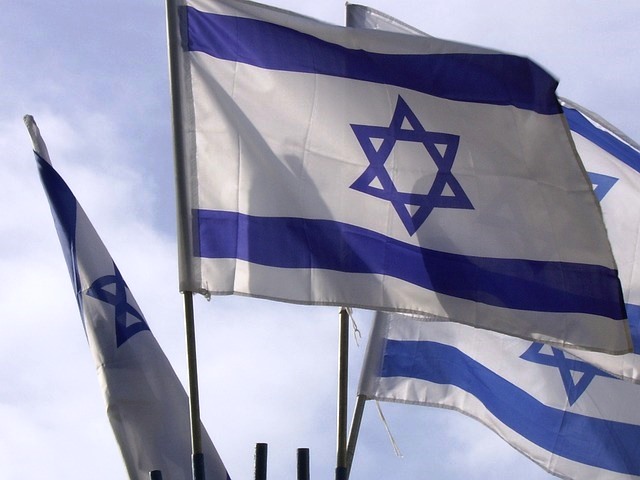
After being in the news for years and most of it for the wrong reasons, Shalev Hulio, co-founder and.....
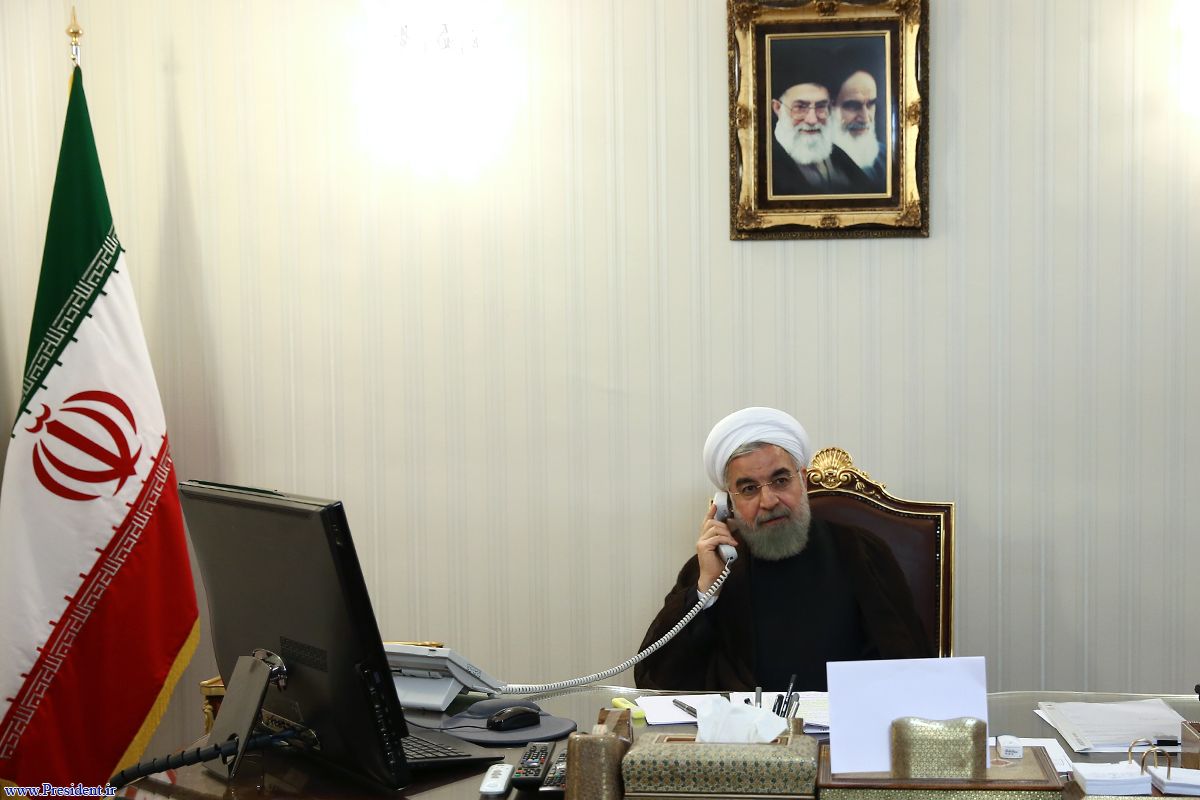
©MEI Exclusive In the recent 11-day Israeli-Palestinian armed conflict both sides reported a.....

The twelfth MEI Speaks held on 16 September 2020 was a book discussion on Islamism, Crisis and Democ.....
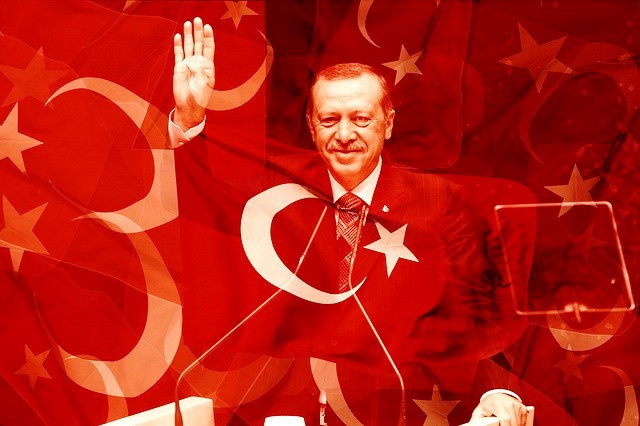
The eleventh MEI Speaks held on 9 September 2020 was a book discussion on Erdogan’s Turkey: Po.....

The tenth online MEI Speaks held on 2 September 2020 was a talk on Challenges Ahead: The Future of I.....

The ninth MEI Speaks on 26 August 2020 was a talk on Israel’s Bridge to the Gulf by Mr. Jason .....

The fifth MEI Speaks held on 15 July 2020 was a talk on How Corruption Produced a Failed State in Le.....

The fourth online MEI Speaks held on 8 July 2020 was a talk on Israel’s Annexation Plans by Dr.....

The third online MEI Speaks held on 1 July 2020 was a Discussion on Dr. Sean Foley’s Changing .....
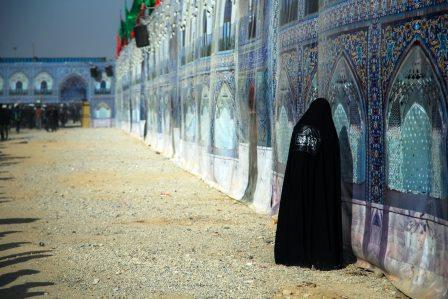
As part of MEI Speaks, the Middle East Institute (MEI@ND) organized its first online Book Discussion.....

As part of its outreach programme, on 10 June 2020, the Middle East Institute (MEI@ND) has lau.....
